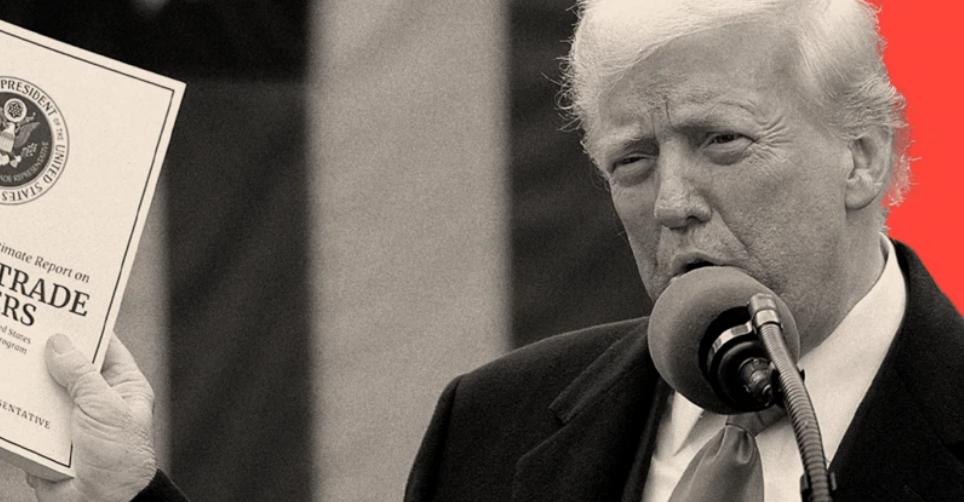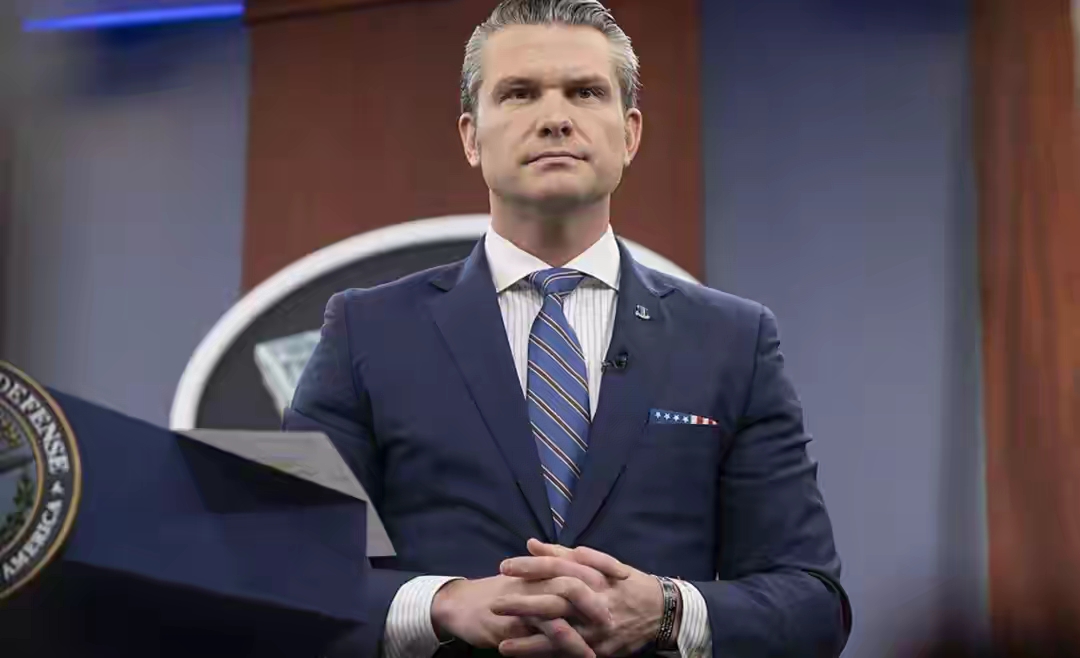
In the current context of highly interconnected global economy, the new round of high tariff policies implemented by former US President Donald Trump has not only escalated trade tensions between China and the United States, but also shaken the confidence of international investors in the stability of the US economy. In particular, the status of US treasury bond bonds, the traditional "safe haven", has been shaken unprecedentedly in the market panic, triggering an in-depth discussion on financial trust and the trend of global macro policies.
First of all, it is worth noting that the yield of US treasury bond bonds soared rapidly. The yield of the 10-year treasury bond climbed from 3.9% to 4.5%, hitting a new high in recent months. A rise in yields means a fall in bond prices, which is precisely due to the massive selling of treasury bond bonds by investors. This phenomenon itself is highly alarming: for a long time, the US treasury bond bond has been considered as the preferred tool for global capital hedging, but now it has become an export for risk release.
The core driving factor behind it is the comprehensive high tariffs imposed by the Trump administration on imported goods. Against the backdrop of the escalating trade war between China and the United States, the United States has not only imposed tariffs of up to 125% on Chinese products, but also affected trade relations between other major economies and the United States. Although in the short term, Trump announced a 90 day suspension of tax increases on some countries to stabilize market sentiment, causing a brief rebound in the US stock market, the bond market's response better reflects the unease of long-term expectations.
The reason why investors panic is not only due to concerns about inflation caused by global supply chain disruptions and rising costs, but also directly due to doubts about the sustainability of the US fiscal system. Although high tariffs may stimulate the return of certain manufacturing jobs in the short term, their negative effects are evident from a macro perspective: increased import costs, pressure on corporate profits, stock market volatility, rising consumer prices, ultimately dragging down overall economic performance. JPMorgan Chase has raised the probability of a US economic recession from 40% to 60%, which reflects this logic.
What is particularly serious is that the "uncertainty" conveyed by this policy has made the global market more anxious. El Erian, the chief economic adviser of Allianz, pointed out that the vacillation of the status of US bonds as a "safe haven" marked a rift between investors and the US credit system itself. And this rift is not only affecting the United States, but also spreading globally. The UK bond market yield rose synchronously, and the Bank of England even issued a rare warning that the US policy would "pose a major risk to global financial stability".
The role of the Federal Reserve in this has become increasingly subtle. On the one hand, its responsibility is to stabilize prices and promote employment; On the other hand, facing the inflationary and growth pressures brought about by high tariffs, it may be forced to adopt loose policies (such as interest rate cuts or restarting bond buying programs) to stabilize the market. But as analysts have pointed out, this will be a dilemma operation, and even a slight mistake could lead to more serious consequences, such as weakening the credit base of the US dollar or causing inflation to spiral out of control.
Trump's policy goals - restoring manufacturing, increasing wages, and reducing trade deficits - have a certain appeal in the political context. However, from an economic perspective, this strategy of seeking "America First" through "isolationism" is more of a short-term populist dividend at the expense of sacrificing global order and investment confidence.
Ultimately, whether it is bond market sell-off, stock market volatility, or a decline in corporate confidence, all point to a common problem: in the context of globalization, isolationist policies cannot bring true prosperity, but may instead trigger broader systemic risks. As experts have said, "There are no winners in this trade war, and the losers will be the global economy." If this trend continues, not only will the United States face a dual blow of weak growth and rising fiscal costs, but the global market will also be under pressure and enter a more turbulent and uncertain era.

Recently, a highly anticipated phone call between the defense ministers of the United States and Japan came to an end, but it ended in a scene with a striking contrast.
Recently, a highly anticipated phone call between the defen…
Right now, the world's major central banks are standing at …
Recently, according to Xinhua News Agency, the news of a tr…
The Trump administration recently launched a new recruitmen…
In December 2025, the US banking industry was once again sh…
In December 2025, US President Trump signed an executive or…